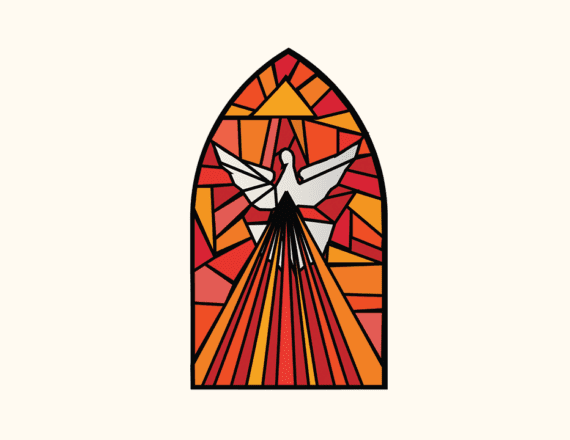By Stephen H. Padre
The Gospel appointed for yesterday in the Revised Common Lectionary was the story of the Rich Man and Lazarus (Luke 16:19-31). If there ever was a story in the Bible made for Bread for the World, this would be the one, hands down. In fact, Bread has its own musical based on the story. Lazarus was composed by a Bread staff member in the mid-1980s, and its songs serve as sort of unofficial anthems of Bread.
There are many aspects to the story that we today can relate to, and it’s an easy lesson for pastors to preach on if they want their flocks to remember people who are hungry. One element of the story is particularly personal. While both Lazarus and the rich man are both alive, it’s not clear if the rich man knows Lazarus, the man at his gate, by name. It’s not clear if the rich man even paid attention to Lazarus each time he came and went from home.
But after they both die and go to Hades, it’s clear that the rich man knew Lazarus. The rich man calls him by name as he pleads with Abraham to send Lazarus to help him.
In this day when income inequality is one of the hot-button issues of our social, economic, and political life as a country, we are as divided as ever. We have identified a problem, one in which the economic classes seem to be separated from each other, and even trapped in their income brackets. We have a hard time holding CEOs accountable for their exorbitant salaries while their companies abuse employees and customers. We bemoan the low wages of workers in service jobs that don’t allow them to support a family.
It’s a situation in which people on different parts of the economic spectrum don’t know each other. One part doesn’t understand the other’s way of life or way of operating. Our economic classes of today have walls between them, and one is alien to the other.
On an individual level, do you know the name of the homeless person you pass on the street every day on your way to work? Does your representative in Congress know the situation of the veteran who holds the sign saying he’s unemployed at the highway exit as you drive home every day?
Knowing each other – our names, our situations – is one way to start to solve the hunger problem. Bread for the World is all about affecting change by convincing our representatives in Congress to change policies that allow hunger to persist. To make that process happen, we can start with knowledge – sharing with each other what’s happening and providing information on the extent of the problem.
Are you involved with a food bank in your neighborhood? Do you volunteer at a soup kitchen at your church? Do you know the names of the people who come? Do you know their situations? If you’ve talked to them and learned their names and stories, then take the time to share that information with your member of Congress, someone who has the power and authority to make some major changes. (Use our website to send an email to your member of Congress, but feel free to insert your own words to tell the story of someone you know about.)
There are real people, with names and challenges, who are living in poverty and with hunger. Let’s start by knowing who they are.
Stephen H. Padre is Bread’s managing editor.



